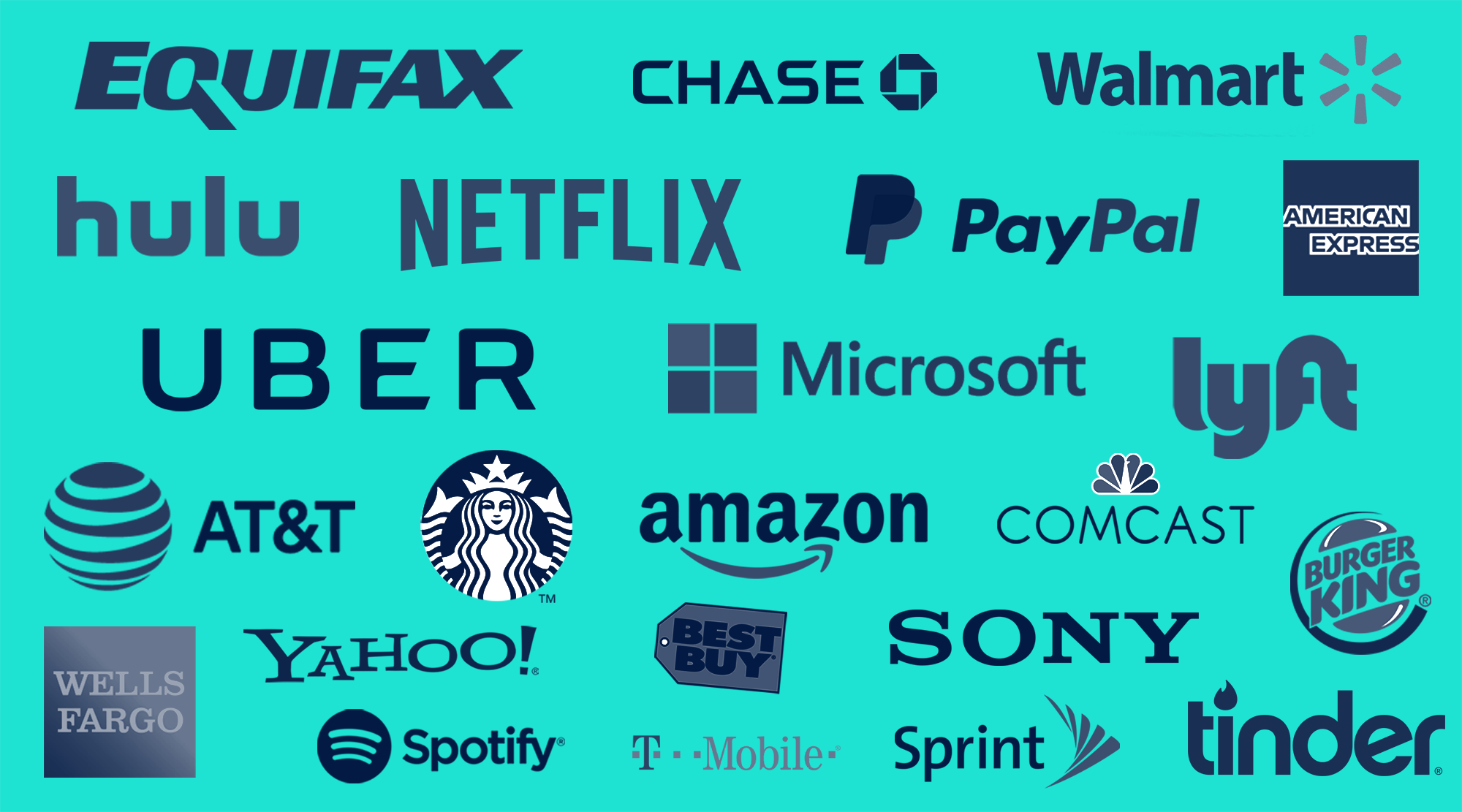Ending Corporate Impunity
By Robert Weissman

There may be no more blatant example of how giant corporations rig the economy and political system than the take-it-or-leave-it, fine-print language they insert into the consumer, employment and other contracts we enter into every day.
In September, we made historic advances in the U.S. House of Representatives to end the tricks and traps that are endemic in form contracts, including those you enter by clicking “I agree” on the internet.
Literally hundreds of millions of contracts contain forced arbitration provisions and class-action waivers. They state that if a company wrongs you – rips you off or discriminates against you on the job, for example – you can’t sue in court. Instead, you must file your case with a private arbiter, without the transparency protections of our court system. Perhaps even more consequentially, they prevent you from joining together with other similarly situated people to sue together. Prohibitions on class actions and collective lawsuits often mean that victims of corporate wrongdoing have no redress at all.
In early September, the House Judiciary Committee passed the FAIR (Forced Arbitration Injustice Repeal) Act, which would prohibit inclusion of forced arbitration and class-action waiver provisions in consumer, employment and other contracts. More than 220 members of Congress are now sponsoring the legislation, ensuring its passage when the full House votes on it (expected in later September, after Public Citizen News goes to print).
This is monumental. Corporations use forced arbitration clauses in contracts as a get-out-of-jail-free card. Banks can overcharge consumers – or set up new accounts without their permission, as Wells Fargo did – and consumers have no redress. Survivors of sexual harassment or assault are consigned to private arbitration, unable to get their stories out. Workers denied overtime pay can’t join together to sue their employer.
Corporate apologists for arbitration often say it is an alternative venue to obtain justice. But in practice, it just means cheated or abused consumers, employees and others are out of luck. Forced arbitration confers blanket corporate impunity. A recent study from the American Association for Justice found that Americans are, literally, more likely to be hit by lightning than win a case when they are forced into arbitration. On average, 382 consumers win cases in arbitration every year. Only 56 workers prevail every year.
House passage of the FAIR Act has been a long time coming. At Public Citizen, we’ve devoted major resources to fighting forced arbitration for more than a decade.
- In 2007, we issued a cutting-edge report that showed the bias of the National Arbitration Forum (NAF), then the go-to arbiter for credit card companies. That report spurred the closure of the NAF’s consumer arbitration business.
- In 2010, we helped win inclusion in the Dodd-Frank financial reform legislation of a measure giving the Consumer Financial Protection Bureau (CFPB) authority to ban forced arbitration provisions in consumer financial products.
- In 2011, we argued AT&T v. Concepcion, a case at the U.S. Supreme Court on the issue of whether states could override forced arbitration contract terms if they were found to be unconscionable. By the familiar 5-4 margin, the court ruled against us.
- In 2017, the CFPB finally issued its arbitration rule – which unfortunately was then overturned by Congress.
Now, finally, we’ve passed legislation through one chamber of Congress to end this corporate rip-off scheme.
Of course, our work is not yet done; we’re going to have to get the bill through the U.S. Senate and signed by the president. That may not happen this Congress, but if we do our job right, we will hopefully be able to have FAIR enacted into law in 2021.
To do that, we are going to turn up the heat even higher, with more cutting-edge reports, more lobbying, more raising the voices of victims, more grassroots organizing and mobilizing and more congressional testimony.
We have no illusions about the challenge ahead. Preserving their forced arbitration get-out-of-jail-free card is a crucial priority of the U.S. Chamber of Commerce and Big Business. They are going to ratchet up their spending and lobbying, too.
But we’re scrappy and have the truth and public opinion on our side. We are going to counter their propaganda and PR blitz, their lobbying and campaign contributions.
A couple of years ago, it seemed impossible that we could have made the progress and generated the media attention we now have. But now we know it’s possible to get across the finish line – which is exactly what we are going to do.
To download the complete September/October issue of Public Citizen News, click here: September/October PC News.